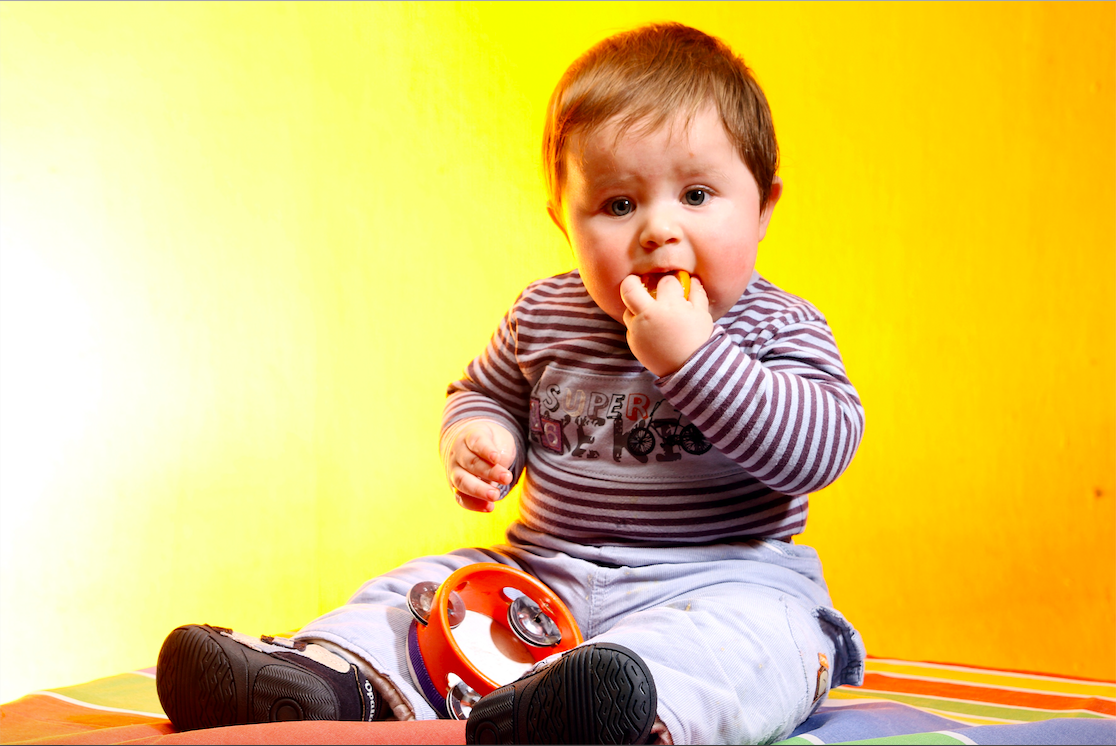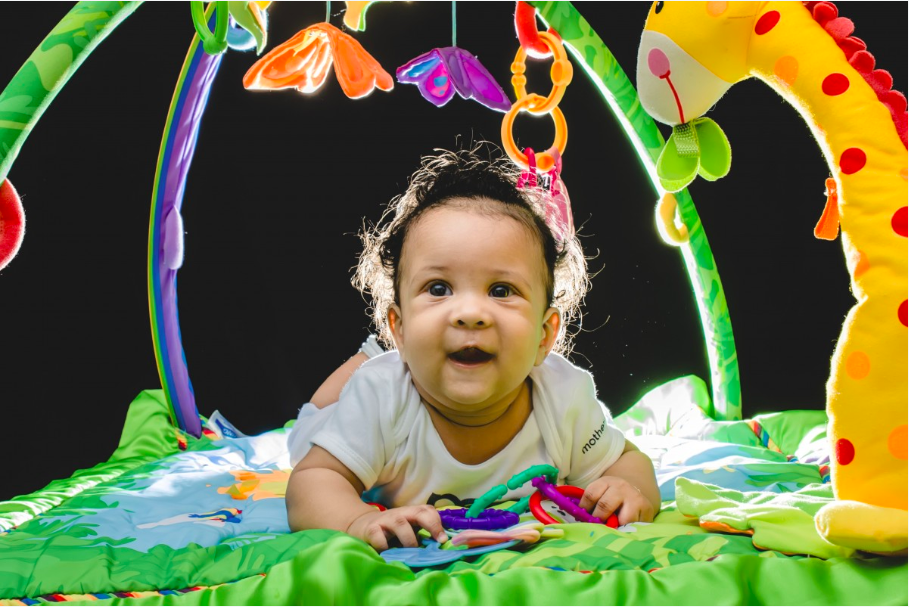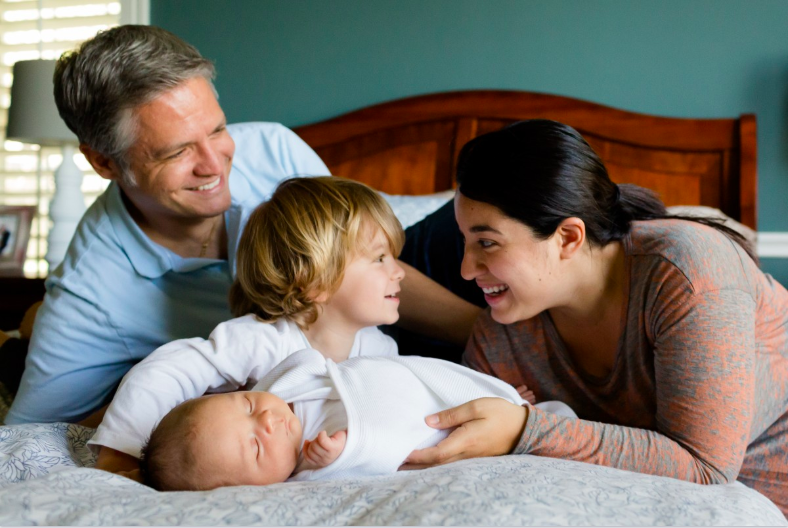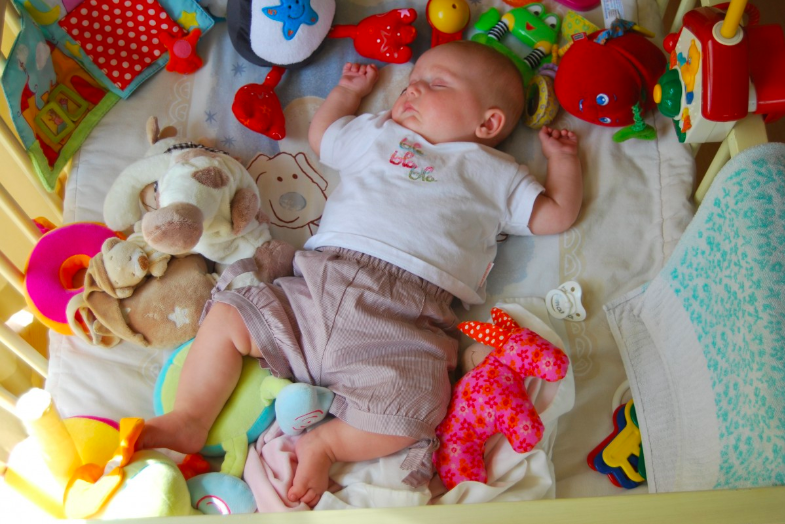 I have a confession to make. I’m worried that I don’t like parenting.
I have a confession to make. I’m worried that I don’t like parenting.
Don’t get me wrong, I like being a parent. And I definitely love my kid. I like hanging with my family, grilling dinner, listening to my son babble incoherently as my wife giggles and pretends to understand. But the actual work of child-rearing, I don’t know that I like it.
There’s the potty training, sleep training, diaper changing, life changing, sick kid, then sick wife and sick me right afterwards. There is screaming and whining and spilling and peeing in the wrong places. Weekend mountaineering adventures have turned to two-hour trips to a pond that take two more hours to prepare and clean up after.
And playing with my child isn’t what I expected either. When I imagined playing with my son, I envisioned throwing a baseball, wrestling, teaching him to rock climb. But my kid can barely catch a rubber ball thrown from five feet away, let alone shag fly balls.
And the worst thing is that I know I have it so much easier than many parents. He doesn’t have any intellectual or physical disabilities, he’s mostly calm and obedient, has an amazing smile, sleeps through the night and just wants to to hug his daddy all the time. It’s like someone programmed him on “Beginner Parent, Level One.” I really should be enjoying this. So what’s the deal?
 It turns out that the concept of parenting is not very old. Using “parent” as a verb is limited to the last 50 years or so. In that time, there has been an explosion of books, advice columns and general anxiety over the topic. Experts tell me this is because of the breakdown in the family unit. I think it’s because of parents like me, who don’t like parenting but desperately want to be good at it.
It turns out that the concept of parenting is not very old. Using “parent” as a verb is limited to the last 50 years or so. In that time, there has been an explosion of books, advice columns and general anxiety over the topic. Experts tell me this is because of the breakdown in the family unit. I think it’s because of parents like me, who don’t like parenting but desperately want to be good at it.
The other day I was in a developmental psychologist’s laboratory working on a potential story. I had my kid with me as a study subject to help me understand the work better. As soon as I arrived, we met the lab tech, who immediately took my kid – suddenly wrapped around my leg – and showed him the toy box.
He’s at an age where he’s skeptical of anyone new and seemed pretty distrustful for a moment. But then, damn if she didn’t pull him into a game with the choo-choo train and soon he had forgotten I was there at all. I marveled at her skill.
“That’s how all of us got into this,” the researcher, Justin Halberda of Johns Hopkins, said. “We used to be the ones who helped to play with the kids. And if you don’t like that, then this is not the gig for you.”
I became a biologist in college so I could go outside and hike through the forest all day and call it work. It turns out that developmental psychologists find their field so they can play with kids all day and call it work. Which boggles me, since kids that age are about as interesting to talk to as a Tickle-Me-Elmo doll.
We discussed cognitive development for a while, me trying to understand the finer points of a debate in the field and Halberda clearly enjoying explaining it. But he kept looking down at my kid as if he also kind of wanted to go play choo-choo. I realized that part of him would rather ditch me and play with my toddler. Meanwhile, I, his father, was kind of glad that the little monkey was having a good time and I didn’t have to do anything.

And it’s not that I don’t like childish things, I do. My office is full of Rubix cubes and Star Wars figures and baseball cards. I just don’t like playing dump truck with someone who can’t string ten words together without repeating eight of them.
I am aware that this might make me a bad person. The notion that I am too selfish to be a great father has occurred to me. But now that I have a little rabid chimpanzee to call my own, this thought returns with increasing frequency. I watch other dads play with their kids in the park who genuinely seem to love it and I feel a little inadequate. I can’t believe that I am the first person to feel this way. Surely there is a way for a reluctant parent to still be a good father, right?
Looking at the other dads, I keep thinking, “Yeah, well, raising a teenager is way harder than a toddler and I’m gonna be great at that. See you in ten years, pal. Then where is your lame peek-a-boo game gonna get you?”
But I don’t know that. It’s possible this feeling never goes away. What if I’m just missing some key offspring-empathy-gene? What if parenting is like eating beets? Either it makes sense or it doesn’t and there’s no way to change it if it doesn’t.* If that’s the case, it’s a long time until he goes off to college. Maybe I should sign up for some more trips to the lab with the fun toy box.
* Some might say that beets are delicious vegetables and that there is nothing wrong with enjoying them. I do not understand such people and have always secretly suspected them to be aliens disguised as people.

Believe me, you are not alone. I found playing with my daughter when she was small incredibly tedious.
Looking back, I don’t ever remember my parents playing with us when we were young. I don’t think they ever considered it part of the job description and I have to say me and my siblings (8 of us) all turned out fine.
I think parents put too much pressure on themselves these days. You just need to provide a safe environment for your kids, setting boundaries but allowing them to take age-appropriate risks, make sure they are properly fed and clothed, and they’ll find their own entertainment and for the most part will be fine. As a bonus, having to find their own entertainment will probably help their creativity .
I did not like parenting. I love having been a parent.
Now that my kids are in their late 20s, I love just hanging out with these two awesome people, the shared memories / in jokes / movie references / sarcasm. Every now and then I remember how terrified I was of doing something “wrong” and f-ing up my kids. Then my daughter told me the other day, “Dad, did you know you’re one of my best friends?” I’m not crying. You’re crying.
Nice piece! Assume you’re aware of All Joy and No Fun? —Eli (also a new dad!)
You are not alone, bro.
Not only are your feelings genuine, you are wise to put them in writing, both to share and to serve as a record of an honest assessment of your personal situation to think about and look back on. This is all about your wisdom that portends your future. Trick is to permanently steer clear of the parent trap, however it shows itself. Know that your feelings in this department will NEVER change and caring for grandchildren will engender the very same distaste in an older version of yourself. When they are all grown up, you’ll still feel the same way about the neighbor’s kids/grandkids. This preference for adult interaction is not a sin…what is a sin is to deny the authenticity of your feelings and bring additional children into the world just because society is prone to encouraging you “to replace yourself” despite everything you know or say. Your highest responsibility is to live a happy life, as in life, liberty and the pursuit of happiness! Character is destiny. May you live and prosper forever.
Just wait a few years. It gets really fun, I promise.
Some people love the early years, some don’t.